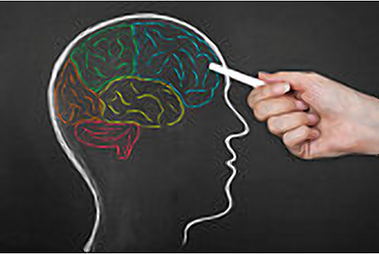Academic and Campus Accommodations for College with Aspergers
Prevalence of autism spectrum disorders (ASD) has risen significantly since first described in the 1940s. The Center for Disease Control estimates currently 1 in 68 children in the United States lives with an ASD diagnosis, and that 46% of those diagnosed have average to above average intelligence.
A large body of literature describes the significant, life-long difficulties faced by many individuals diagnosed with ASD. The support needs for college students diagnosed with more traditional disabilities are well documented.
There is a lack of information, however, in regard to effectively supporting the college instruction of students with Asperger’s Disorder, and how to support their navigation of a campus society.
Ellison, Clark, Cunningham, and Hansen (2013) explored the phenomenon of providing effective supports to college students diagnosed with Asperger’s Disorder. Investigators convened a panel of experts to provide input on the topic, and then categorized common themes identified by panel members. Their research was published in the peer-reviewed Southern Regional Council on Educational Administration Yearbook 2013.
The survey resulted in the creation of the Benchmarks of Effective Supports for College Students with Autism Spectrum Disorders. That documents is available as a PDF file on this website (you can find it at the end of this article).
Research Conclusions on the Supports Needed Most for College Students with ASD:
A graduate of Abilene Christian University, Jennifer had a long career in TV Broadcasting. Upon learning her oldest son Sam had a form of Autism called Asperger’s Syndrome, she left her career and became a full-time mother to both of her sons. Jennifer elicited the participation of her family and together they produced several independent programs including a children’s animated series titled Ameriquest Kids, as well as a documentary and book titled, Coping to Excelling: Solutions for School-age Children Diagnosed with High-Functioning Autism or Aspergers Syndrome. She formed the nonprofit Asperger101 to provide on-going free resources related to ASD at Aspergers101.com and has implemented the Texas Driving with Disability Program and continues to grow the statewide initiative today. She and her husband have recently retired to their property in the Texas Hill Country.














